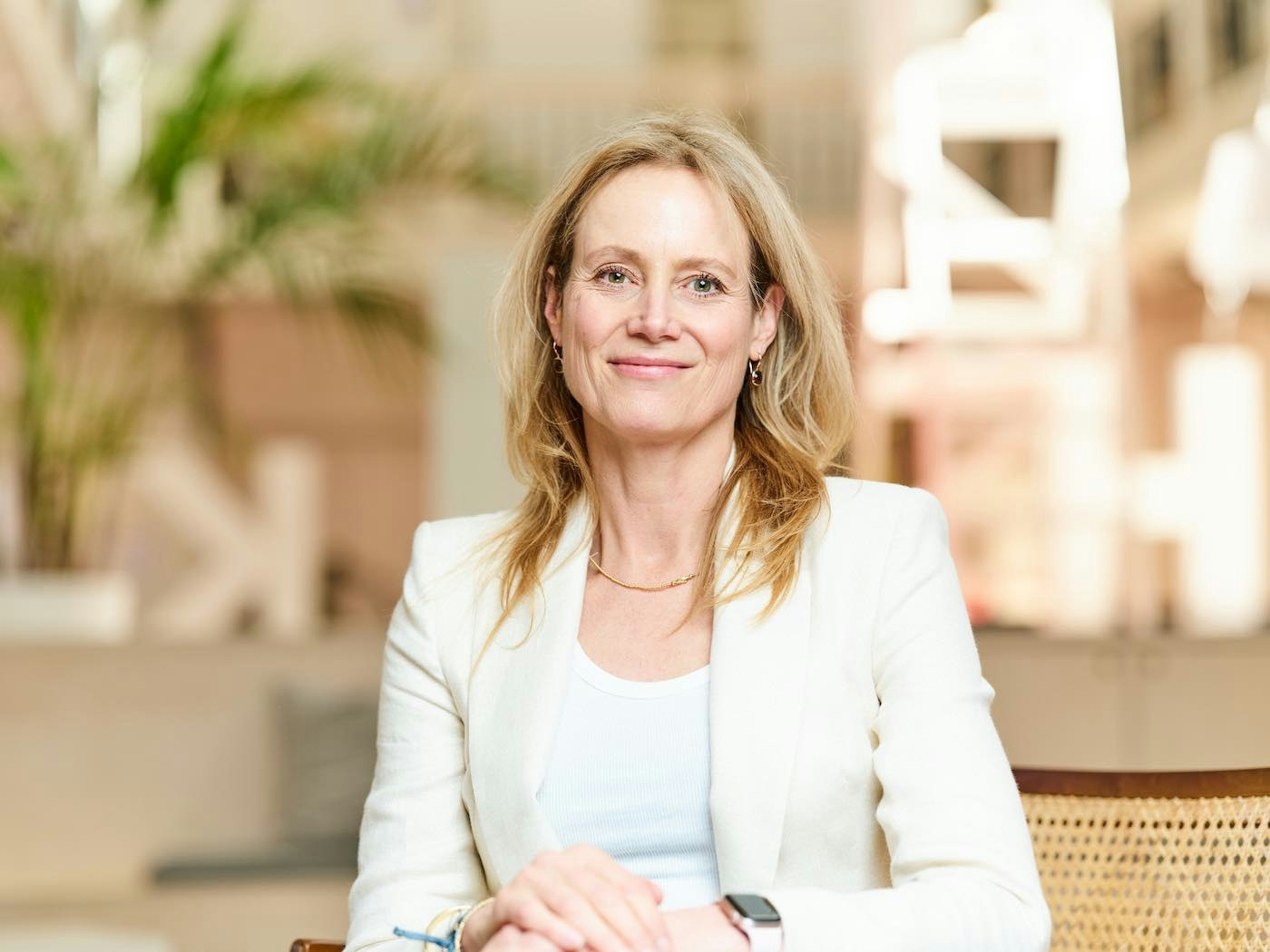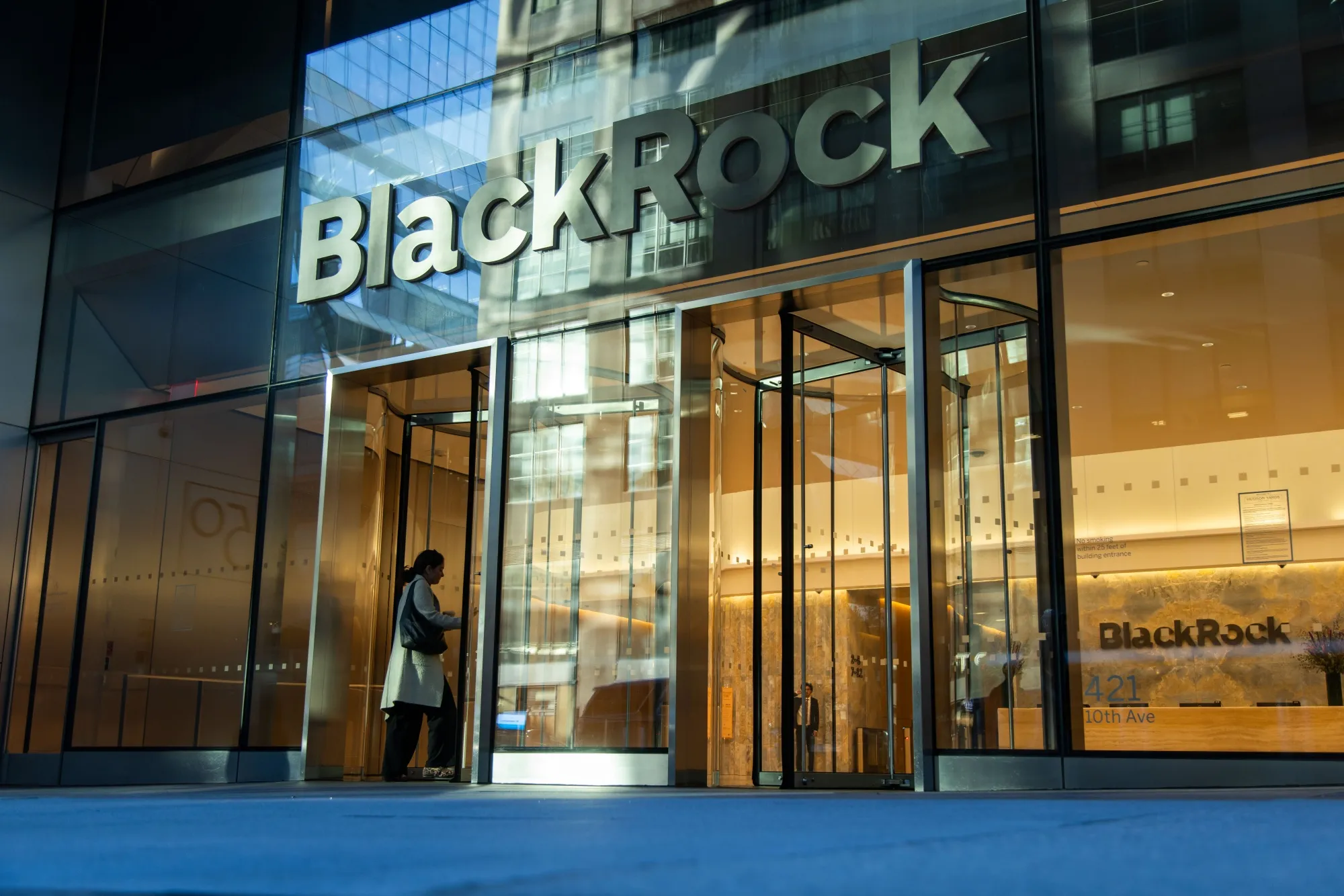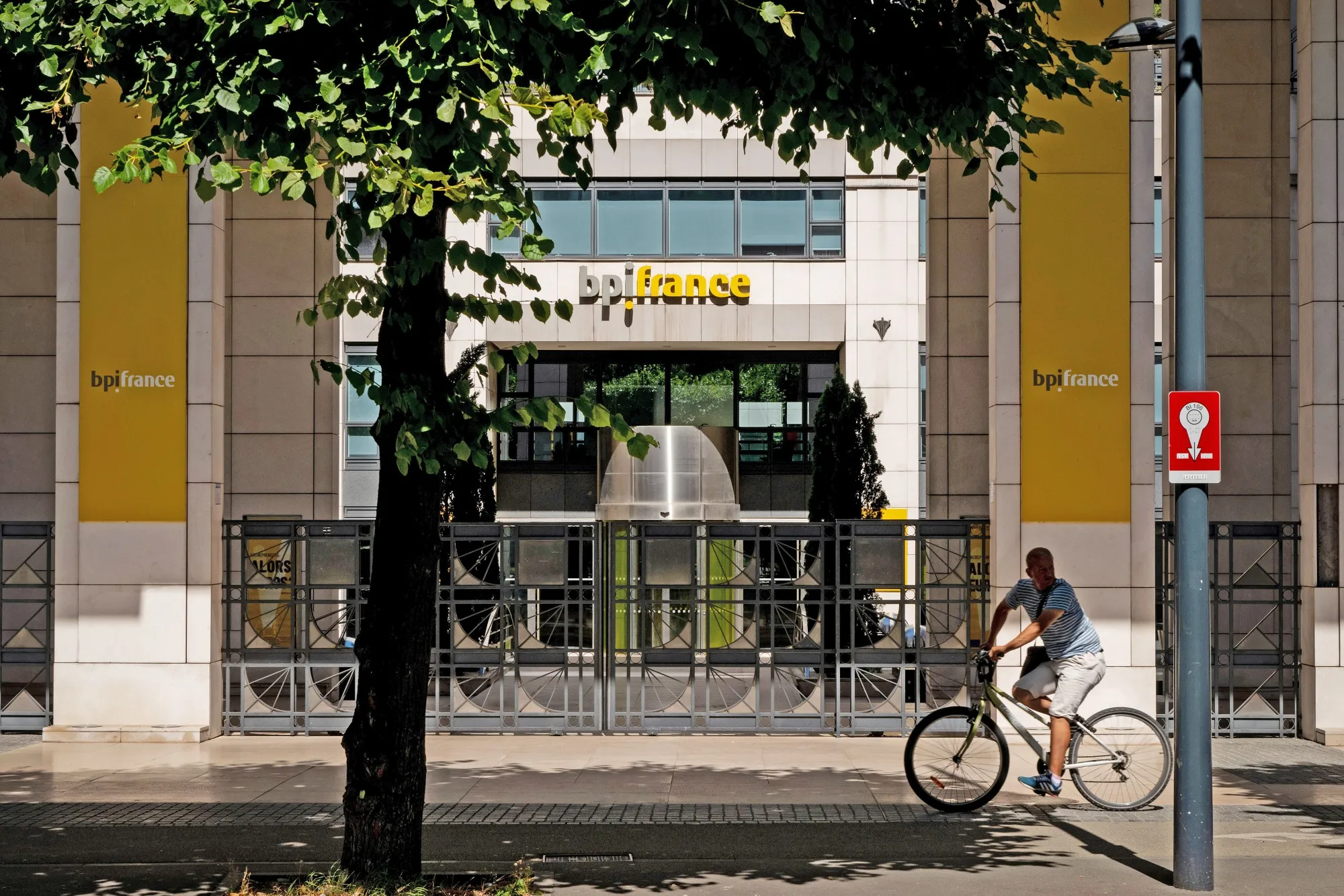As it was for just about everything in European tech, 2021 was also a record year for mergers and acquisitions (M&As).
VC-backed startups exited via M&As worth more than $55bn, according to Atomico’s State of European Tech Report, and there were a handful of billion-dollar exits including the sale of delivery scaleup Wolt to US competitor DoorDash ($8.1bn), fintech Tink’s acquisition by Visa ($1.98bn) and secondhand marketplace app Depop’s sale to Etsy ($1.6bn).
But over halfway through this year, with the public markets in turmoil and the venture capital sector taking things slow, what’s the M&A scene looking like in 2022?
Using data collected by Sifted covering June to August, we take stock.
The big picture
Over the summer, Sifted tracked 443 M&A deals (for companies launched after 2010) in European tech. Many of these deals did not disclose how much companies had been acquired for.
The average (known) acquisition price was €97m, while startups that exited had on average raised €9.75m before doing so — indicative of companies being acquired at earlier stages. The most common pre-exit rounds were seed and Series A, with an average time of seven years from launch to exit.
The hot sectors
Sifted tracked 86 enterprise software acquisitions, including Belgian startup Teamleader and Serena Capital-backed Habiteo — the highest number across all sectors. Fintechs were the second most popular startups with buyers, followed by marketing startups.
Some of those fintechs were bought by other fintech startups. Qonto, the French business banking unicorn, bought smaller German competitor Penta, while British payments scaleup GoCardless bought Latvian open banking platform Nordigen.
Many more of Europe’s bigger fintechs — including Revolut, Lunar, Bunq, Starling and N26 — have all publicly stated their intention to make acquisitions.
It’s a trend that has continued into September, with US fintech unicorn Carta announcing it was acquiring UK counterpart Capdesk for an undisclosed sum. It also acquired London-based Vauban earlier in June.
The active geographies
As you’d expect, more startups get acquired in the countries where the most funding is raised.
99 startups were acquired in the UK — Europe’s most active funding market — between June and August. There were 53 startup acquisitions in Germany and 46 in France, but smaller ecosystems have also increased M&A activity.
Biggest acquisitions
The chunkiest (disclosed) acquisitions were mostly in healthtech, but the biggest price tag went to Italian cloud and fibre optic company Irideos, which was acquired for €400m.
MiroBio, an Oxford-based biotech startup helping treat autoimmune diseases, was acquired by Gilead, a Californian pharmaceutical company, for $405m.
Glofox, a Dublin-based gym management system, was acquired by another US company (and a competitor) ABC Fitness, for €200m.
Investors with the most exits in the last three months
Bpifrance, the extremely active French bank, clocked five exits — more than any other VC investor. Elaia Partners, another French VC, had three, followed by Global Founders Capital, PreSeed Ventures and Force Over Mass Capital, each with two.
On the accelerator side of things, innovation organisation Plug and Play had a whopping nine exits over the three months, and was followed by Techstars and Tech Nation, each with four.
We tracked 40 angel-backed companies, including one exit for “power couple” Linda and Dan Kiely with Talivest, and two — Capdesk and Taptrip — involving serial investor Chris Adelsbach.
Other notable acquirers
Some notable acquirers included Meta, buying Berlin-based VR startup Lofelt; Spotify, which bought London-based Sonantic; Choco, which acquired Hamburg-based Refill Technologies; UiPath, acquiring London-based reinfer; eBay, buying British NFT marketplace KnownOrigin; and Staffbase, which bought German startup Dirico.
Amy Lewin is Sifted's editor. Federico Scolari is a junior intelligence analyst at Sifted.
*Sifted's data included a week's reporting lag on either end of the June-August time frame, which is why Carta's purchase of Capdesk (announced September 1) was included in the analysis.



